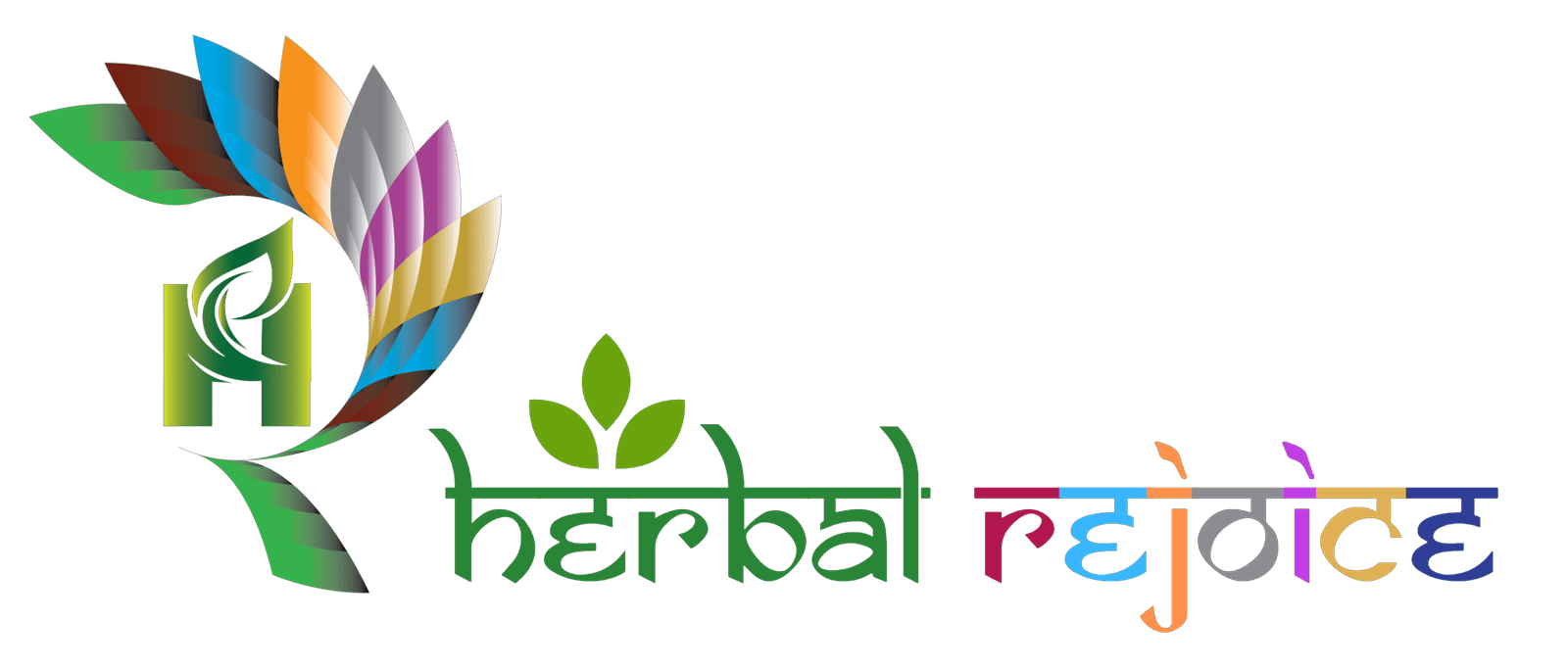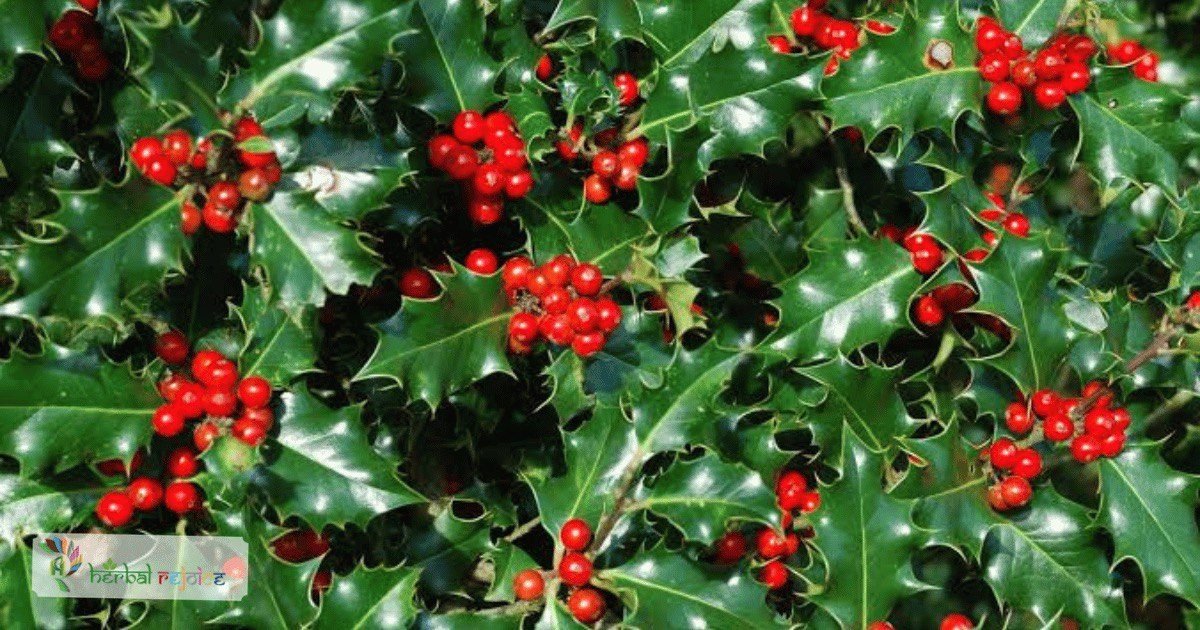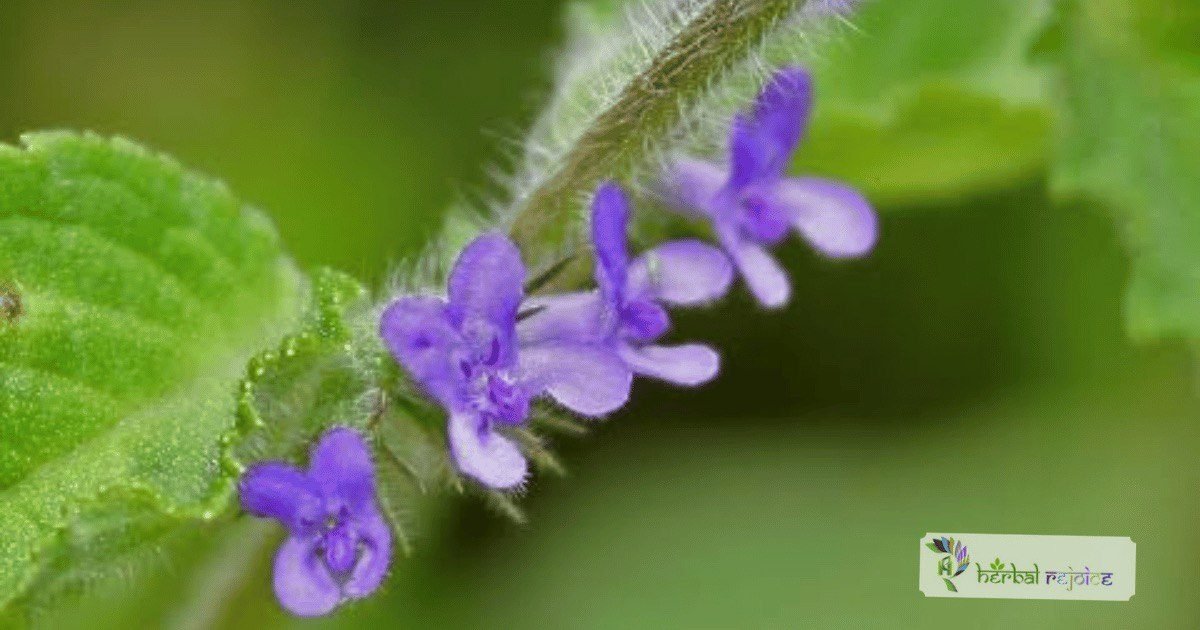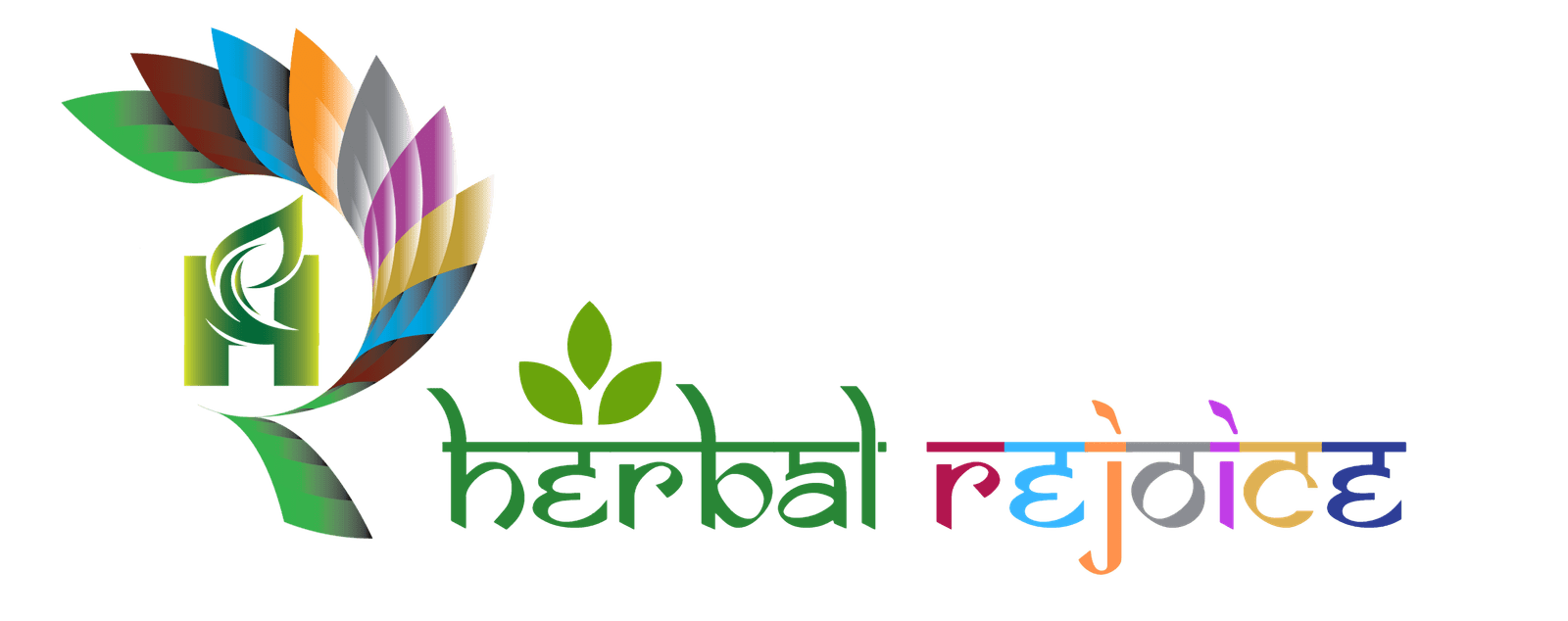Introduction
Vervain (Verbena officinalis Linn.), also known as Pigeon’s Grass, is a plant that belongs to the Verbenaceae family. Pigeon’s Grass is used to treat liver and gall bladder complaints, nervous and menstrual disorders, as well as respiratory issues.
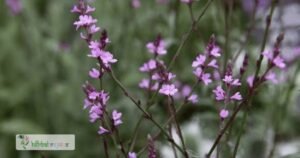
Names and Habitat
It can be found in the Himalayas, hasi and Lushai Hills, Bihar, West Bengal, Andhra Pradesh, and Maharashtra. In the Unani system of medicine, it is known as Saal-ul-hamaam and Faristariun.
Traditional Uses Of Pigeon’s Grass
Pigeon’s Grass has various actions and is used for its medicinal properties. It is known for its nervine, antidepressant, and anticonvulsant effects.
It is commonly prescribed for liver and gall bladder complaints, such as bladder spasms and strangury, as well as nervous and menstrual disorders.
It is also used to treat bronchitis, asthma, and febrile affections.
Key Components Of Pigeon’s Grass
Although Pigeon’s Grass has been used medicinally, it is important to note that it is not approved by the German Commission E. The plant contains several compounds, including hastatoside, loganin, verbenalin, verbascoside, and eukovoside.
The stem and roots are rich in stachyose. The aerial parts of the plant contain lupeol, beta-sitosterol, ursolic acid, aucubin, and artemetin. Vervain is known to have weak parasympathomimetic activity.
Potential Health Benefits Of Pigeon’s Grass
In animal studies, verbenalin has shown mild purgative activity. However, in high doses, vervain can act as an emetic.
It is worth noting that Vervain tea has been found to decrease the absorption of non-heme iron by 59% in human subjects.
This means that individuals who rely on non-heme iron sources for their iron intake may experience decreased absorption when consuming vervain tea.
It is important to consider this potential interaction when using vervain as a medicinal herb.
Conclusion
In conclusion, Pigeon’s Grass (Verbena officinalis Linn.) is a plant with various medicinal properties. It is known for its nervine, antidepressant, and anticonvulsant effects.
It is used to treat liver and gall bladder complaints, nervous and menstrual disorders, as well as respiratory issues. However, it is not approved by the German Commission E. Vervain contains several compounds, including hastatoside, loganin, verbenalin, verbascoside, and eukovoside.
It is important to use vervain in appropriate quantities and under the guidance of a healthcare professional due to its potential effects on iron absorption.
Frequently Asked Questions(FAQs)
What is Pigeon’s Grass?
Pigeon’s Grass is a plant that belongs to the Verbenaceae family, known for its medicinal properties.
Where can Pigeon’s Grass be found?
Pigeon’s Grass can be found in the Himalayas, Khasi and Lushai Hills, Bihar, West Bengal, Andhra Pradesh, and Maharashtra.
What are the medicinal properties of Pigeon’s Grass?
Pigeon’s Grass is known for its nervine, antidepressant, and anticonvulsant effects.
What are some common uses of Pigeon’s Grass?
Pigeon’s Grass is commonly prescribed for liver and gall bladder complaints, nervous and menstrual disorders, as well as respiratory issues such as bronchitis and asthma.
Is Pigeon’s Grass approved by the German Commission E?
No, Pigeon’s Grass is not approved by the German Commission E.
What compounds can be found in Pigeon’s Grass?
Pigeon’s Grass contains compounds such as hastatoside, loganin, verbenalin, verbascoside, and eukovoside.
What parts of the plant are rich in stachyose?
The stem and roots of Pigeon’s Grass are rich in stachyose.
What compounds are found in the aerial parts of Pigeon’s Grass?
The aerial parts of Pigeon’s Grass contain lupeol, beta-sitosterol, ursolic acid, aucubin, and artemetin.
What activity does Pigeon’s Grass have?
Pigeon’s Grass is known to have weak parasympathomimetic activity.
Does Pigeon’s Grass have purgative activity?
In animal studies, verbenalin in Pigeon’s Grass has shown mild purgative activity.
Can high doses of Pigeon’s Grass act as an emetic?
Yes, in high doses, Pigeon’s Grass can act as an emetic.
Can Pigeon’s Grass be consumed as a tea?
Yes, Pigeon’s Grass can be consumed as a tea.
What potential interaction should be considered when using Pigeon’s Grass as a medicinal herb?
Pigeon’s Grass tea has been found to decrease the absorption of non-heme iron by 59% in human subjects.
Who should be cautious when consuming Vervain tea?
Individuals who rely on non-heme iron sources for their iron intake should be cautious when consuming Pigeon’s Grass tea.
Can Pigeon’s Grass be used without the guidance of a healthcare professional?
It is important to use Pigeon’s Grass in appropriate quantities
What should individuals consider when using Pigeon’s Grass?
Individuals should consider the potential effects of Pigeon’s Grass on iron absorption.
What are alternative sources of iron for individuals using Pigeon’s Grass?
For individuals using Pigeon’s Grass, it is advisable to consider alternative sources of iron.
Can Pigeon’s Grass be used to treat febrile affections?
Yes, Pigeon’s Grass can be used to treat febrile affections.
Can Pigeon’s Grass be used in the Unani system of medicine?
Yes, Pigeon’s Grass is used in the Unani system of medicine and is known as Saal-ul-hamaam and Faristariun.
